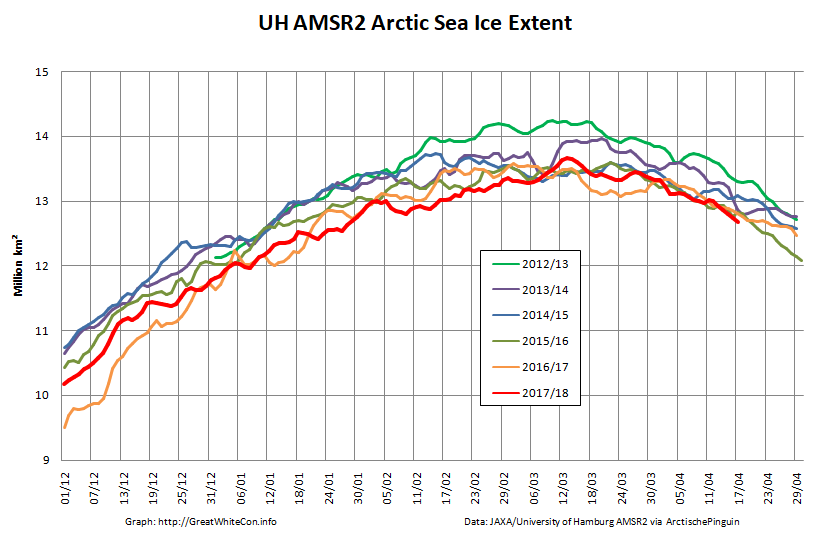Originally Posted By: Reddy45
Originally Posted By: Wurlitzer
Originally Posted By: Astro14
Originally Posted By: Wurlitzer
In most of western Europe they have dependable public transportation such as train systems, bus systems, and bike lanes. It makes it a lot easier to go places and a lot cheaper. I would love for America to catch up and do the same thing. You can still own a car but without having to depend on it.
We never will "catch up".
We didn't have the population density to make public transportation viable outside of a few pockets (e.g. DC-BOS corridor) before the development of the automobile while Europe had long established cities.
Further, the growth of America, building of cities and town, was concurrent with the automobile. It's a symbiotic relationship. We couldn't have our population/living pattern without the car and for the most part, we are now too spread out for public transportation to be practical and viable in most of the country.
Europe limited that growth by taxing fuel heavily from the outset, initially making cars the toys of the rich, instead of the enabler of the commoner.
If Henry Ford hadn't changed the cost of cars, the US today would look very different. Suburbs would be as non-existent here as they are in Europe. Call it "sprawl" if you like, but the fact remains, that most of American growth happened subsequently to the car, and light rail, bus, rail, etc. just can't replace the car.
Now, Uber? Self-driving cars? Car sharing? All use existing infrastructure (roads) and have the potential to change how we get around. But it won't happen in a decade and it won't be rail/bus that supplants the car in the US. They simply don't work with the way we've built.
This is all true. But the European model would still benefit America, even with the existing infrastructure and community layouts. A train station in every major municipality; buses from the municipality to the smaller suburbs/towns/communities; bike lanes from the suburbs/towns/communities to peoples homes.
Most major cities have some link to rail, because that's how cities formed very early on. But anyone whose time is valuable will be quick to realize that taking rail to another city is not feasible when a plane ticket is only slightly more expensive and cuts the time by 10.
I once checked to see if I could take Amtrak from Dallas to Los Angeles. It can be done, but the trip is around 4-5 days! With most people working jobs that only permit a few weeks of vacation each year, that just isn't a feasible way to travel when you can hop on a plane and be there in 3 hours.
The European model works because Europe is Europe, not because the methods they developed can be applied to every other nation.
Going from Dallas to LA is like going from Paris to Warsaw. People in Europe would likewise just fly this distance. So you are right in saying that for this distance flying would be the better option. But you haven't negated my suggestion that a European style train/bus/bike system wouldn't also be beneficial in America. "The European model works because Europe is Europe" is a non-statement, elaborate on it to explain why and give some validity to your statement.


